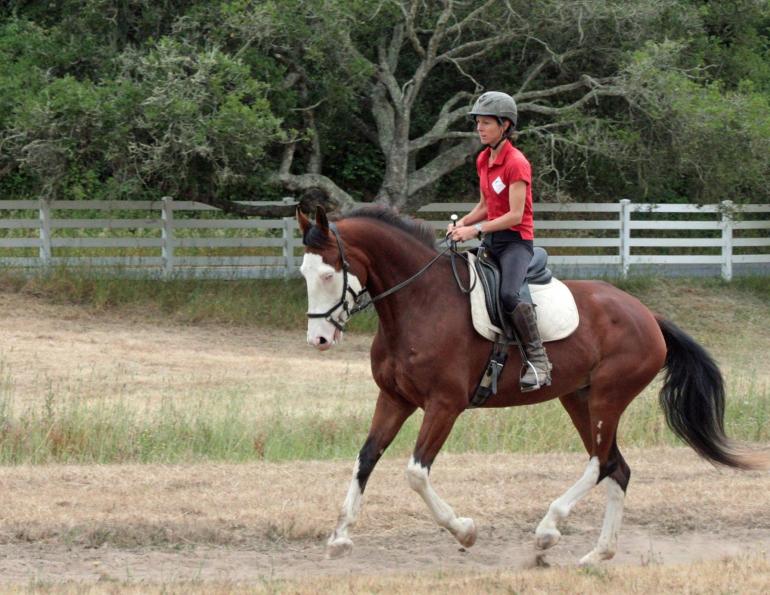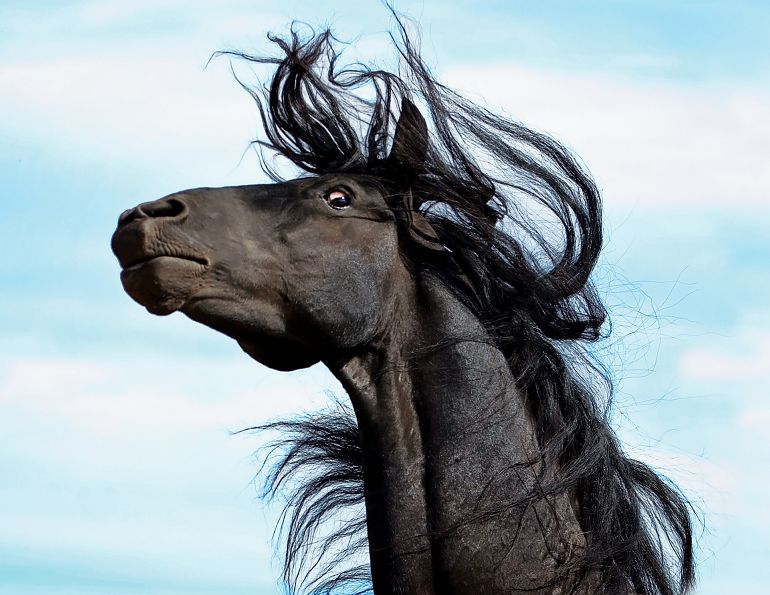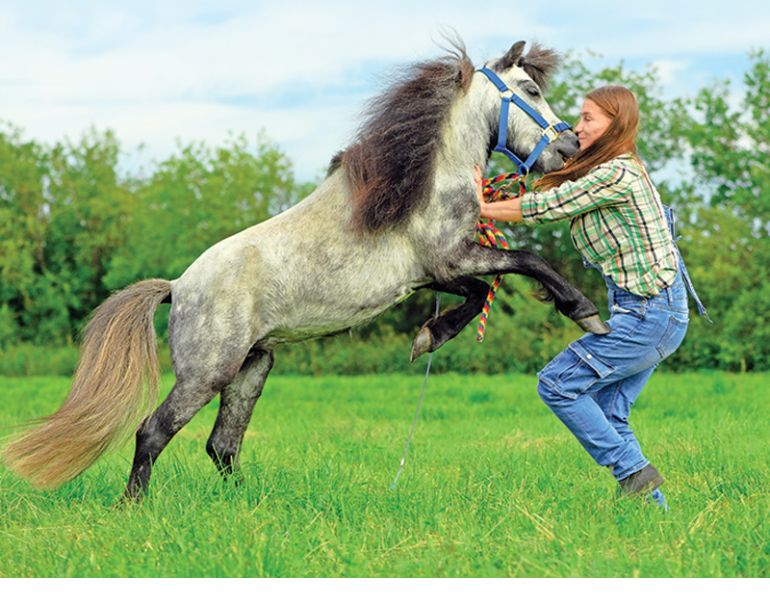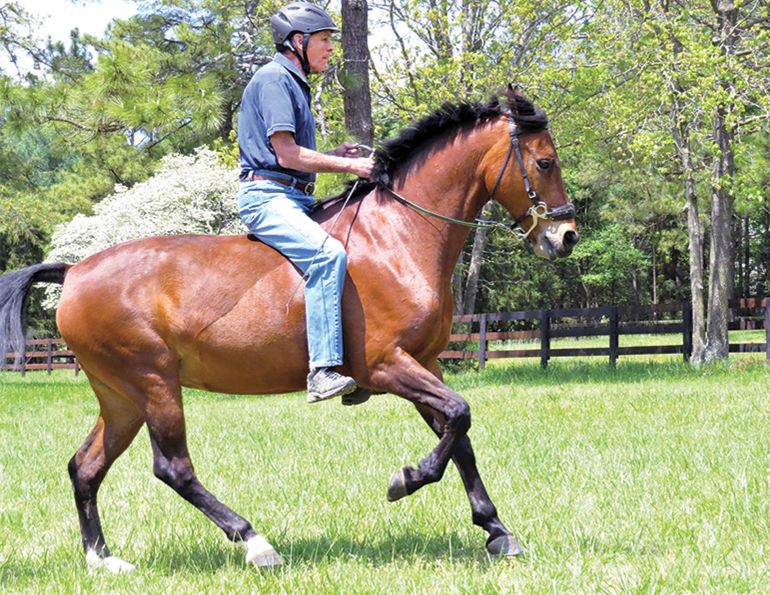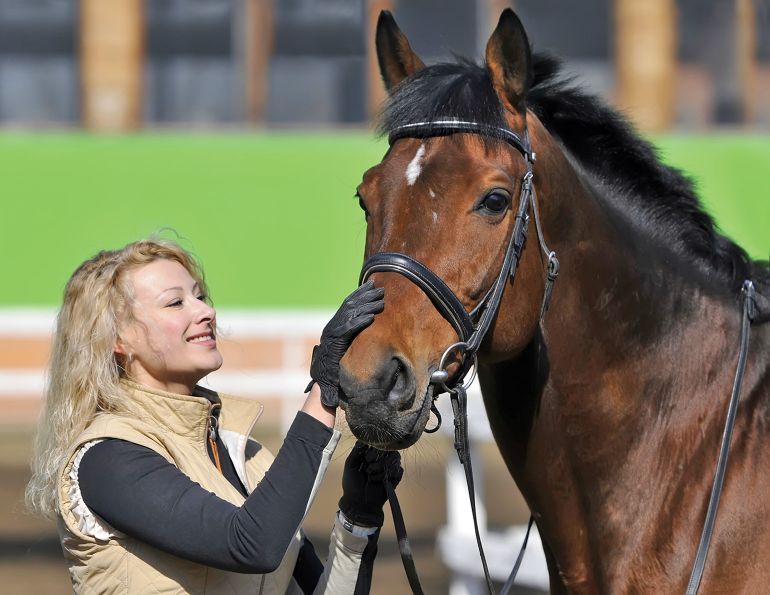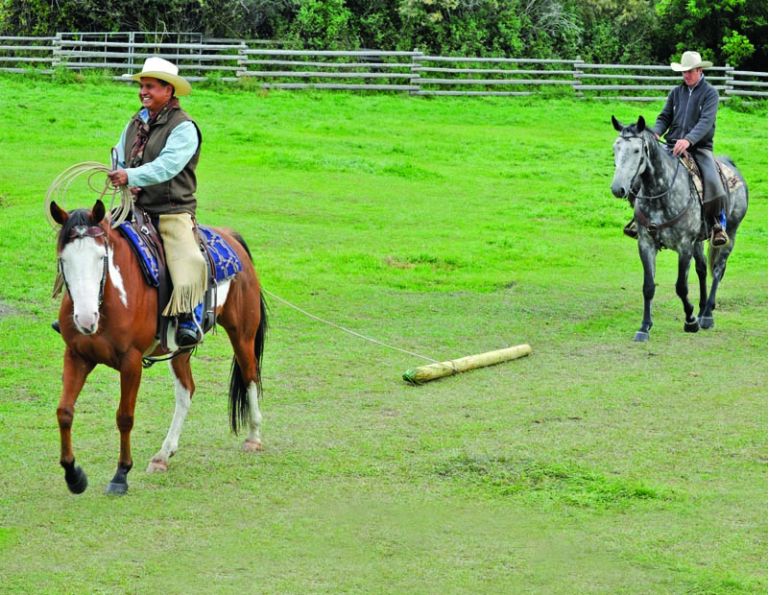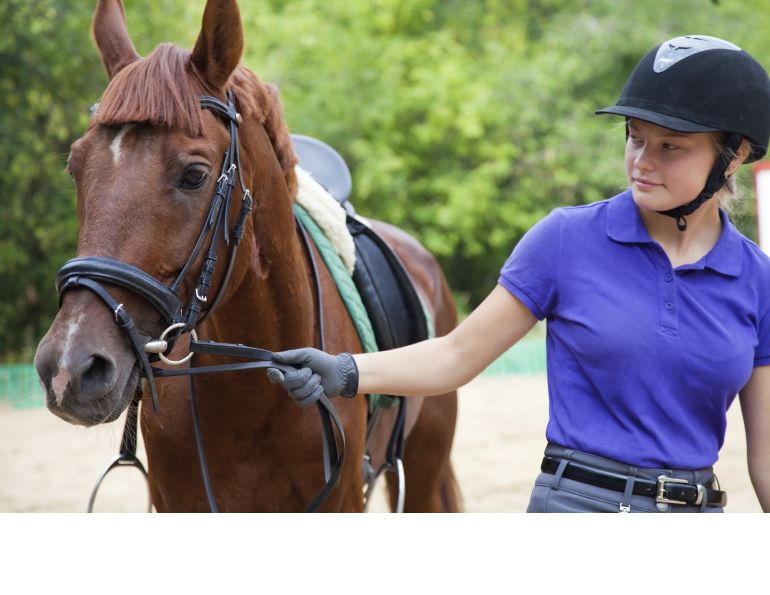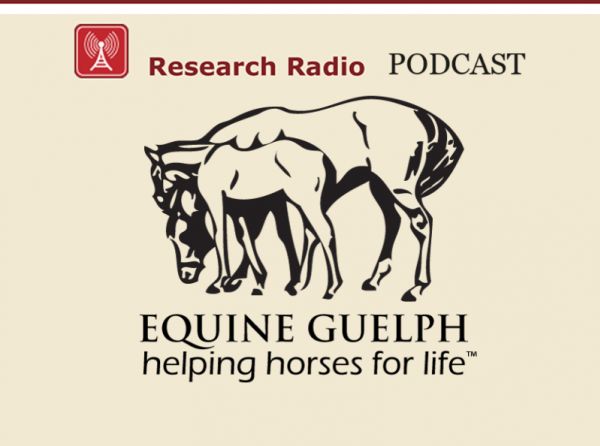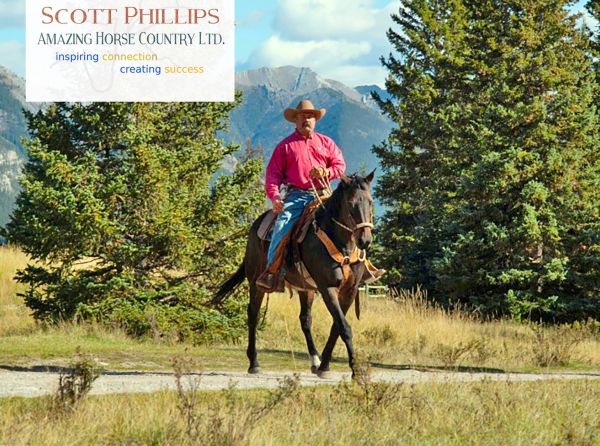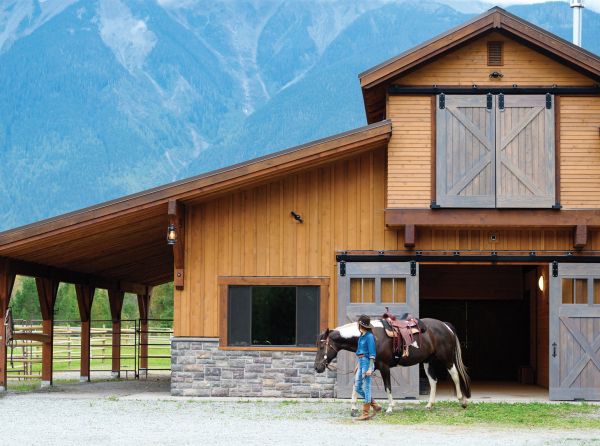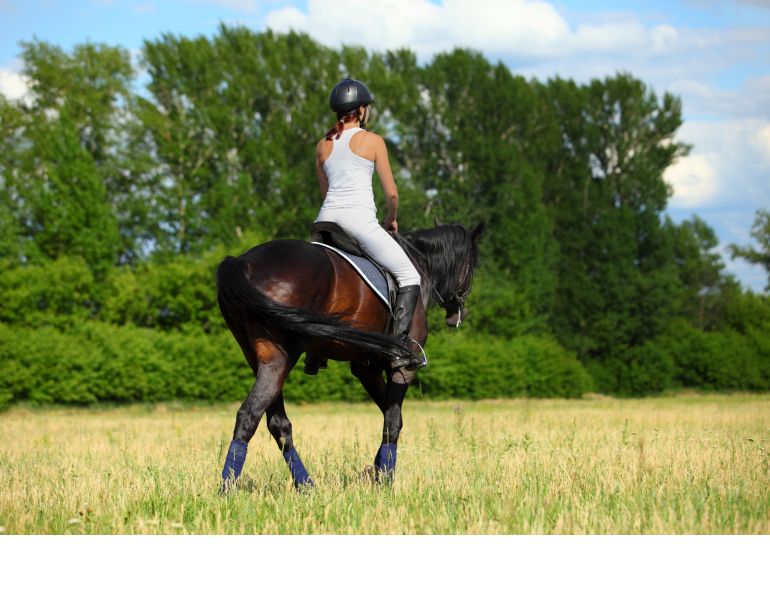By Lindsay Grice
Q Some trainers use treats to reward their horses and others don’t. What do you think?
A Personally, I don’t use treats in my program. Although food rewards can definitely reinforce a lesson, in my experience the drawbacks of using food rewards far exceed the benefits.
These are my reasons:
Delayed Reward. Any reward should be given to a horse within a half a second of his correct response in order for him to relate the positive feedback to his action. Unless you carry your treats in an open fanny pack while riding or devise some other instant treat delivery system, your horse isn’t likely to connect the “yes!” message. Rewards are important, but there are other ways to positively reinforce good responses.
Whets His Appetite. No horse stands and gratefully savours his last treat; he anxiously awaits the next one! Because I don’t feed horses between meals, I find they tend to stand calmly when tied without pawing. They are fed only in their stalls, at regular times, or graze in the pasture. They’re never hand grazed and are content without snacks in between. In this case, ignorance is bliss. Jealousy arises between stall neighbours when one horse is fed by a doting owner and another is not — why create discontent?
Pushiness. Feeding by hand can open up a can of worms by encouraging a horse to get into a person’s personal space in search for more. He can even begin to nip. This is something the herd leader would never allow a subordinate horse to do, so neither should the trainer. In a no-treat program, I’m never begged for a treat or pulled down while leading a horse in his effort to grab a bite of grass.
Although it is important to reward horses to affirm every correct response, I feel there are other more valuable ways of doing so.
Related: The Science of Schooling Horses
Main Photo: While horses may enjoy treats (and we may enjoy feeding them!), they make for poor rewards and can often make a horse pushy. Credit: Christina Handley





